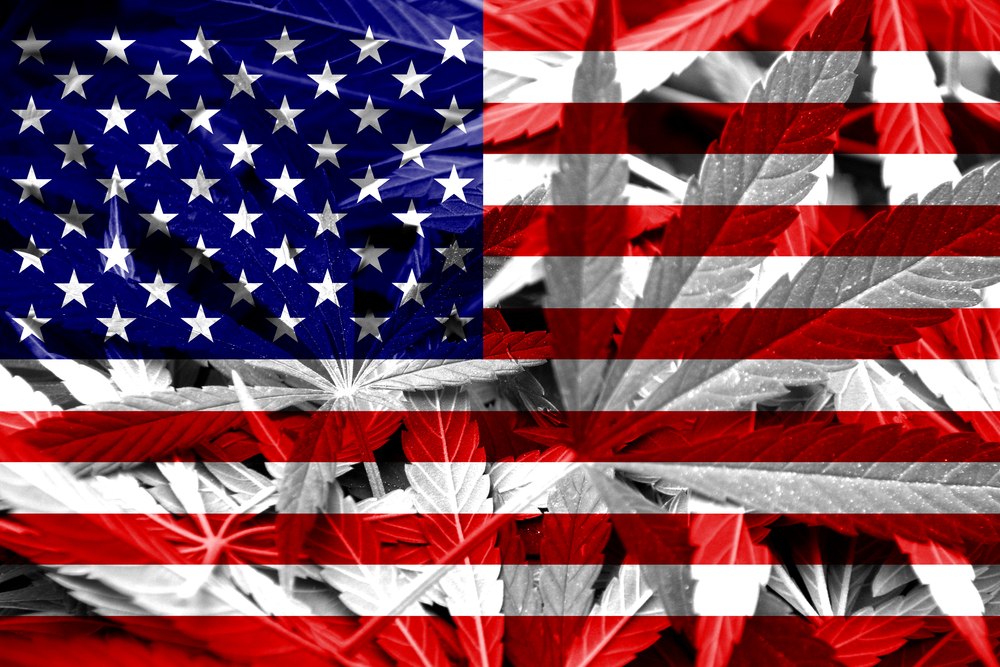
In a recent appearance before the House Oversight and Government Reform Committee, “Recovery Czar” Michael Botticelli resurrected the marijuana gateway drug theory, a major reason why the Obama administration is against legalizing marijuana, he said.
During the House panel hearing, which focused on opioid abuse, the director of the Office of National Drug Control Policy placed some of the blame for America’s opioid “epidemic” on marijuana’s increasing visibility across the country. Popular culture is shifting away from the belief that marijuana is dangerous, he said, but this could send the wrong message to impressionable young people.
“We have historically high levels of marijuana use among youth and we also see historically low levels of perception of risk of marijuana use among the youth in our country,” said Botticelli.
Downplaying the risks of marijuana (which, like everything in life, is not completely harmless) could open the door for young people to experiment with harder drugs, he said. And thus goes the gateway theory. “I think the evidence is pretty clear that early use of alcohol, tobacco and marijuana—often used together—significantly increases the probability that someone will develop a more significant addictive disorder later in their life,” said Botticelli. “Early substance use actually effects brain development and predisposes people for more significant vulnerabilities later in their life.”
Given the rise in fatal overdoses, drug experimentation has become more dangerous than ever. The gateway theory has been around for decades, a go-to talking point for drug warriors. It’s based on experiential data, which can be surprisingly convincing. But then again, if marijuana is a gateway drug, then nicotine is even worse. The woman who coined the phrase “gateway drug,” Dr. Denise Kandel, found that nicotine “appeared to be the most effective gateway of all,” the High Times notes.
Botticelli told lawmakers that the “high levels of marijuana use” among young people in the U.S. is destined to contribute to “more significant problems in the United States.”
Information found on the ONDCP website mirrors the Recovery Czar’s concerns. “Confusing messages being presented by popular culture, media, proponents of ‘medical’ marijuana, and political campaigns to legalize all marijuana use perpetuate the false notion that marijuana is harmless,” according to the agency’s website. “This significantly diminishes efforts to keep our young people drug free and hampers the struggle of those recovering from substance use disorders.”
